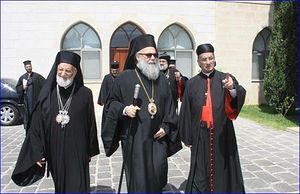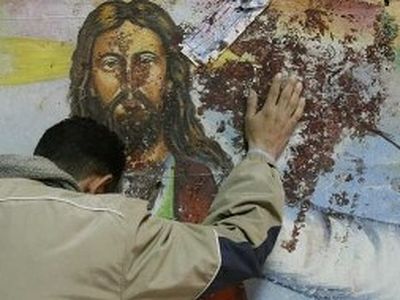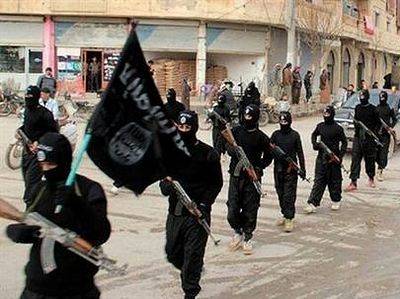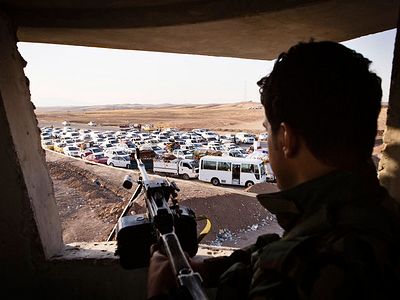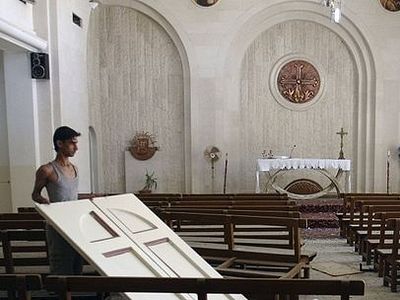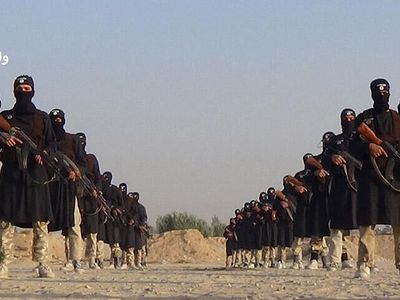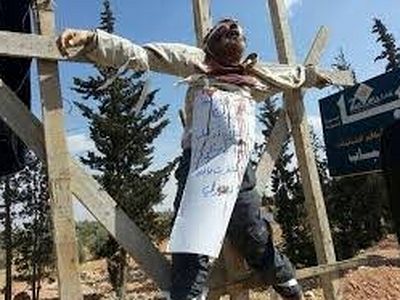Balamand, Lebanon, July 3, 2014
The patriarchs of Eastern churches Tuesday deplored the raging violence in Iraq and Syria that has caused a massive wave of refugees, exhorting Christians to maintain their presence in the region's war-torn countries and keep hold of their lands.
In a statement released at the opening of their Holy Synod in Lady of Balamand Convent in north Lebanon, Maronite Patriarch Beshara Rai, Melkite Gregorius III Lahham, Syriarc Catholic Patriarch Ignatius III Younan, Syrian Orthodox Patriarch Ignatius Ephrem and Greek Orthodox Patriarch John Yazigi released a statement on local and regional developments.
"The patriarchs prayed for the people of Mosul and north Iraq and urged the world to prevent Iraq's disintegration and save its people from the scourge of a devastating war," the statement said. "They also called upon the international community to preserve Iraq's civilizations, including the deep-rooted Christian civilization, and encouraged their sons to cling on to their land and not give it up under the pressures of current conditions."
The statement followed ISIS' declaration of an Islamic caliphate over territories it has seized in Syria and Iraq, which have further raised fears of the rise of extremism in the region.
The patriarchs demanded the release and safe return of all kidnap victims, whether civilians, clerics, or nuns, notably bishops Yohanna Ibrahim and Paul Yazigi, who went missing in Syria 14 months ago.
They also called for the safeguarding of democratic norms and political freedoms in Lebanon by ensuring the quick election of a new president.
Parliament is still struggling to elect a president to fill the post, but political sources told Al-Markazieh news agency that some of the suggestions being put forward would soon be translated into action.
Pressure to elect a president is forcing Lebanese and Western political, spiritual and diplomatic officials to find a solution and remove any barriers slowing the electoral process.
The prelates also urged the reactivation of constitutional institutions, especially Parliament and Cabinet, to enable the country to deal with the pressing economic, social and security challenges it is facing.
Suggestions to fix the internal situation have included a Bkirki summit. It has not yet been decided whether only Christians, Christians and Muslims, or all Lebanese factions would take part in such a summit, which would culminate in "Bkirki's declaration to save Lebanon."
In addition to the patriarchs, the synod was attended by more than 40 bishops representing the churches of Antioch and the Orient.
